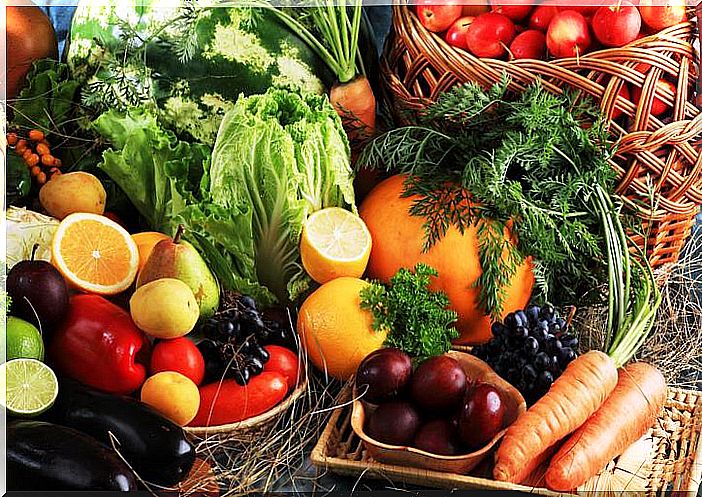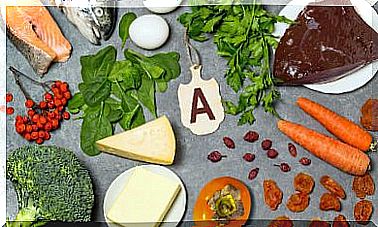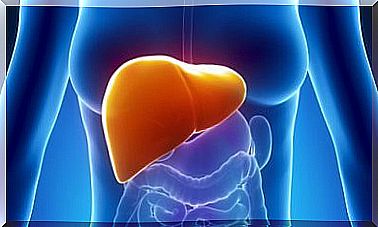Myths And Truths About Transgenic Foods
Many transgenic foods have a genetic makeup that can overload the tasks of our kidneys and liver and even trigger different allergies.

There are a number of very powerful truths and myths surrounding transgenic foods that we must take into account.
And we have all heard about the health risk that transgenic foods can pose.
Below we clarify what is true in all this and what are the myths that surround it.
What are transgenic foods

Transgenic foods are a series of genetically modified foods in order to achieve a certain result.
In most cases, what is intended is that both fruits and vegetables become more resistant and do not die before a plague of parasites or strong temporary changes.
Another objective when using transgenic agriculture is to grow food in record time and produce vegetables and fruits with a more attractive appearance.
They are generally wanted to be larger and more colorful.
- Through a kind of genetic engineering what is achieved is to modify food.
- This is done at the moment in which exogenous genes are inserted into the genetic codes of certain foods. These genes can come from other types of food and thus give rise to new varieties.
Why are genetically modified foods grown?

The transgenic foods began to be cultivated mainly looking for a series of advantages. What was intended was that through genetic alteration, more crops would be achieved per year.
In addition, another of the great advantages is that they get bigger and more attractive fruits and vegetables.
Thanks to these types of crops, plantations are not subject to a series of external risks that could spoil the harvest.
All this makes productivity and efficiency much higher and this, of course, generates more economic profits for producers.
Advantages of transgenic foods

However, although as we see transgenic foods have several advantages, they also have quite a few disadvantages.
- Unpredictable changes can appear and it must be taken into account that their genetic makeup can overload our kidneys and liver.
- They can cause allergies.
- They have environmental risks.
According to Greenpeace, these foods represent contamination that cannot be controlled and endangers traditionally cultivated varieties and species without being able to return to the original situation.
It argued that GMOs could end world hunger, as they grow fast.
In addition, the earth does produce enough food to feed the entire population in the world, but that is not the problem.
The real barrier is the poor distribution of resources that occurs in the world and this can only be resolved with political decisions.
Far from being a means to fight hunger in the world, transgenics have made sustainable agriculture even further today.
Among the most common transgenic foods that we can find in the market are soybeans, tomatoes, corn, squash, rapeseed and milk, among others.
Other recommendations
It is essential to know what we buy at all times, whether we are buying transgenic products or not. Knowing if they are is essential.
Therefore, you must bear in mind that being well informed when shopping and eating is extremely important in order to take care of your health and that of your family.









